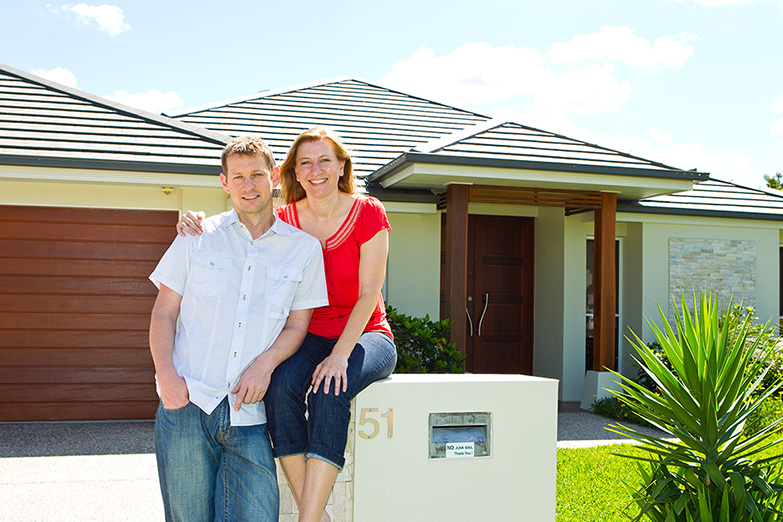If you’ve been thinking about investing in property for the first time, try these tips and hints to help you do it wisely.
How much can you borrow?
This one piece of information is the critical foundation for all your investment property goals. Be realistic and talk to your accountant and a licensed mortgage broker to work out your borrowing power. Although many websites have calculators that offer a rough estimate of how much you can borrow, being specific about your own circumstances is always best.
Be sure to be accurate about your income and all your outgoing fixed expenses – everything from car and home maintenance costs to rent/mortgage, school fees, utility bills and health care and food. Remember to include all loan or credit card repayments too.
If you run your own business or have other investments, factor in all potential tax bills, as well.
Cost of Your Loan
Buying a property incurs costs outside of the actual purchase price.
Conveyancing and legal fees, loan establishment fees and mortgage insurance – which is payable if you borrow more than 80% of the purchase price – can all add up.
Plus stamp duty.
Reduce your debt
Reducing debt before you even apply for your loan is smart financial advice – and makes great sense.
If the debt is not producing any income for you (think personal loans or an existing home loan), it is especially important.
Obviously, the less debt, the better – and the more you can borrow enables you to access a better quality property with more potential for great long-term return.
Loan pre-approval
Being pre-approved for your loan before you start browsing gives you peace of mind to look at properties that are within your price range. This can save a lot of time – and help you avoid disappointment.
Remember – when you talk with your mortgage broker about your borrowing capacity, make sure they explain all the loan’s features and benefits, and include all the associated costs.
Negative gearing/Positive gearing
As a property investor, you can be negatively geared, positively geared or even neutrally geared. Make sure you understand the difference by talking to your accountant or trusted financial planner.
Find your ideal property
Establish a relationship with a trusted real estate agent or property advocate and do your research. Reading the real estate section each week is a great start to keep up-to-date with growth suburbs and suburbs to watch.
Buying any investment property is a special event and one that can help set you up for a secure financial future. Do it with confidence, by arming yourself with the best possible advice – happy property hunting!
If you need advice for a home loan, business or commercial loan, self-managed super fund loan, or a vehicle or equipment finance loan, speak to a broker at Lending Specialists. We have a wealth of experience under our belt and a robust network to connect you to the right industry professional for the loan you need.










